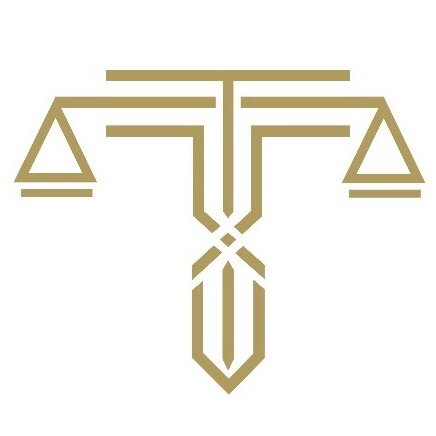Best Landlord & Tenant Lawyers in Khobar
Share your needs with us, get contacted by law firms.
Free. Takes 2 min.
Free Guide to Hiring a Real Estate Lawyer
List of the best lawyers in Khobar, Saudi Arabia
About Landlord & Tenant Law in Khobar, Saudi Arabia
The Landlord & Tenant law in the Kingdom of Saudi Arabia, including Khobar, is regulated by the Saudi Lease Law which was renewed in 2012. This law offers protection to both landlords and tenants, featuring provisions on issues such as the rental agreement, tenant evictions, rental disputes, payment problems, and an increase in rental rates among others.
Why You May Need a Lawyer
Legal advice is often sought in situations where rights and obligations of landlords and tenants are intertwined. For instance, in cases of wrongful eviction, understanding lease agreements, settling disputes over rent or maintenance costs, preparing or reviewing rental contracts, and when there's significant damage to the rented property. Being represented by a lawyer can help ensure your rights are properly protected and you are well-informed of your legal obligations.
Local Laws Overview
The Saudi Lease law primarily governs Landlord and Tenant concerns in Khobar, Saudi Arabia. Some key aspects of the law include: the obligation of the landlord to hand over the leased property in a good state; the tenant's responsibility to pay the agreed rent and not use the property for a purpose other than that stipulated in the contract; laws restricting rent increase wherein landlords may not arbitrarily increase rents; and eviction rules where tenants have the right not to be evicted without a justifiable reason.
Frequently Asked Questions
Can landlords increase the rent at any time?
No, the law restricts landlords from arbitrarily increasing rent rates. They must conform to the regulations set by the Saudi Lease Law.
Can a landlord evict a tenant without reason?
No, the Saudi Lease Law offers protection to tenants from eviction without valid cause. Some examples of valid cause include lease term expiry or breach of contract.
What legal action can be taken if the tenant does not pay rent?
If the tenant fails to pay rent, legal action can be taken but the landlord must refer the matter to the appropriate judicial authority. The landlord is prohibited from carrying out ‘self-help’ eviction methods such as changing the locks or forcibly removing the tenant from the premises.
Can the rental agreement be orally agreed?
Whilst an oral agreement can be legally binding, it is highly encouraged to have a written lease agreement to avoid any misunderstandings and to protect both parties' rights.
Who is responsible for repair and maintenance?
The tenant is generally responsible for keeping the property clean and reporting any damage. Major repairs or renovations, unless caused by tenant negligence, are typically the responsibility of the landlord.
Additional Resources
The Ministry of Justice in Saudi Arabia provides a wealth of resources for issues related to Landlord & Tenant. Additionally, individuals can refer to Rent Dispute Settlement Committees for legal advice and dispute resolution. It's also recommended to consult law firms that specialize in real estate and rental law for more personalized advice.
Next Steps
If you need legal assistance, it is advised to consult with a lawyer who specializes in Landlord and Tenant laws in Khobar. Compile all relevant documents such as lease agreements, payment records, communication records, etc. It's essential to clearly communicate your situation and queries to your lawyer for the best advice and course of action.
Lawzana helps you find the best lawyers and law firms in Khobar through a curated and pre-screened list of qualified legal professionals. Our platform offers rankings and detailed profiles of attorneys and law firms, allowing you to compare based on practice areas, including Landlord & Tenant, experience, and client feedback.
Each profile includes a description of the firm's areas of practice, client reviews, team members and partners, year of establishment, spoken languages, office locations, contact information, social media presence, and any published articles or resources. Most firms on our platform speak English and are experienced in both local and international legal matters.
Get a quote from top-rated law firms in Khobar, Saudi Arabia — quickly, securely, and without unnecessary hassle.
Disclaimer:
The information provided on this page is for general informational purposes only and does not constitute legal advice. While we strive to ensure the accuracy and relevance of the content, legal information may change over time, and interpretations of the law can vary. You should always consult with a qualified legal professional for advice specific to your situation.
We disclaim all liability for actions taken or not taken based on the content of this page. If you believe any information is incorrect or outdated, please contact us, and we will review and update it where appropriate.












